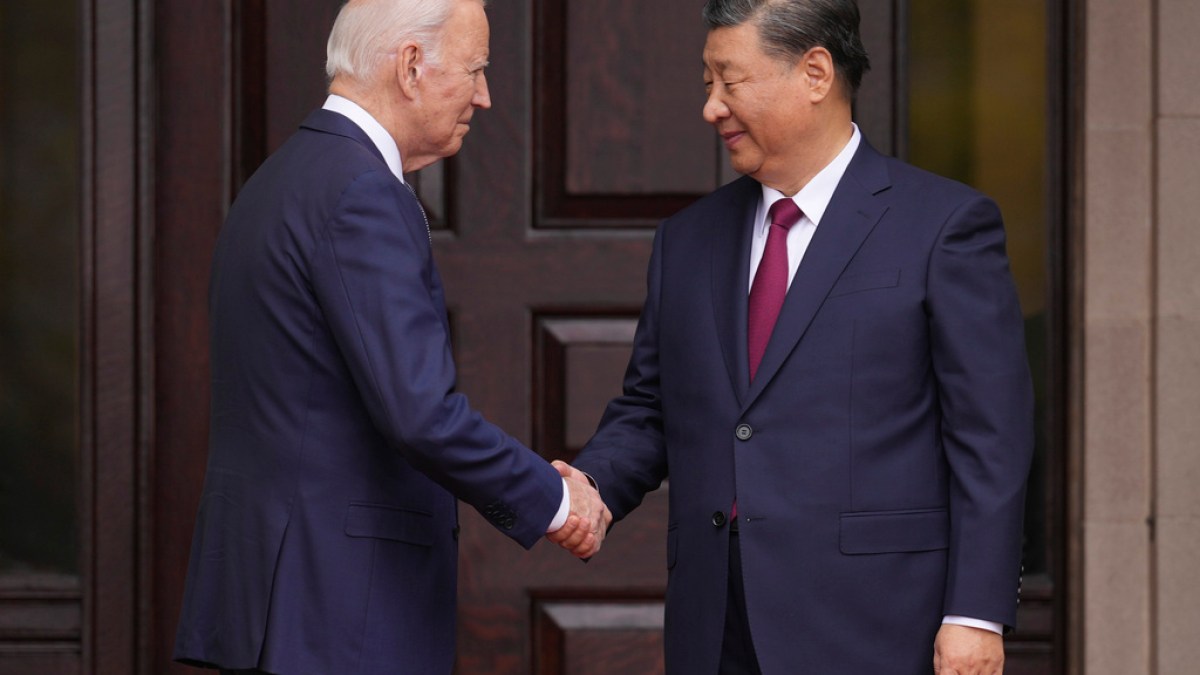Rafah a ‘pressure cooker of despair’ as exodus south continues — Global Issues

Rafah a ‘pressure cooker of despair’ as exodus south continues — Global Issues
The warning from the UN aid coordination office, OCHA, comes nearly four months since Israel commenced a devastating bombing campaign in response to Hamas-led terror attacks on 7 October that left some 1,200 people butchered in southern Israeli communities and more than 250 taken hostage.
“In recent days, thousands of Palestinians have been fleeing to the south to Rafah, which is already hosting over half of Gaza’s population of some 2.3 million people,” said OCHA spokesperson Jens Laerke.
Repeating deep concerns that nowhere in Gaza is safe amid reports of Israeli shelling on the periphery of Rafah on Friday, Mr. Laerke told journalists that most of the new arrivals were “living in makeshift structures, tents, or out in the open. Rafah is now a pressure cooker of despair and we fear for what happens next.”
To date, 100,000 people in Gaza “are either dead, injured, or missing and presumed dead” as a result of bombing raids and fighting on the ground between Israeli soldiers and Palestinian militants, according to the UN World Health Organization (WHO).
Sixty per cent of the 27,019 fatalities reported by the enclave’s health authorities have been women and children, the UN health agency reported, with more than 66,000 now injured and requiring medical care that remains difficult to access.
Highlighting the “extremely challenging” task of replenishing hospitals and medical centres throughout the wartorn enclave, WHO Representative in the Occupied Palestinian Territory Dr. Rick Peeperkorn explained that of 15 planned missions to the north in January, three had been carried out, four had been impeded by impassable routes, one postponed and eight were denied.
Dr Peeperkorn added that of the 11 planned missions to the south last month, four had gone ahead, two were postponed, two were impeded either because checkpoints opened late or owing to excessive delays. Authorisations were denied for three missions.
“Lack of safety guarantees and humanitarian corridors in Gaza are making it increasingly challenging to safely and rapidly carry out humanitarian operations,” the WHO official said, speaking from Jerusalem. “Lack of sustained access to hospitals could dismantle the health system.”
The development came as UN Children’s Fund UNICEF reported that at least 17,000 children in Gaza are unaccompanied or separated.
“Each one, a heartbreaking story of loss and grief,” said Jonathan Crickx, UNICEF Chief of Communication in the State of Palestine.
Speaking from Jerusalem to journalists in Geneva, the UNICEF official described meeting youngsters in Gaza earlier this week. Among them was 11-year-old Razan who lost almost all her family during a bombing raid in the first weeks of the war.
“Her mother, father, brother, and two sisters were killed,” Mr. Crickx continued. “Razan’s leg was also injured and had to be amputated. Following the surgery, her wound got infected. Razan is now being taken care of by her aunt and uncle, all of whom have been displaced to Rafah.”
Because of the lack of food, water and shelter, extended families are struggling to look after themselves, let alone orphaned or unaccompanied children, the UNICEF officer said.
“I met these children in Rafah. We fear that the situation of children who have lost their parents is much worse in the north and the centre of the Gaza Strip.”



